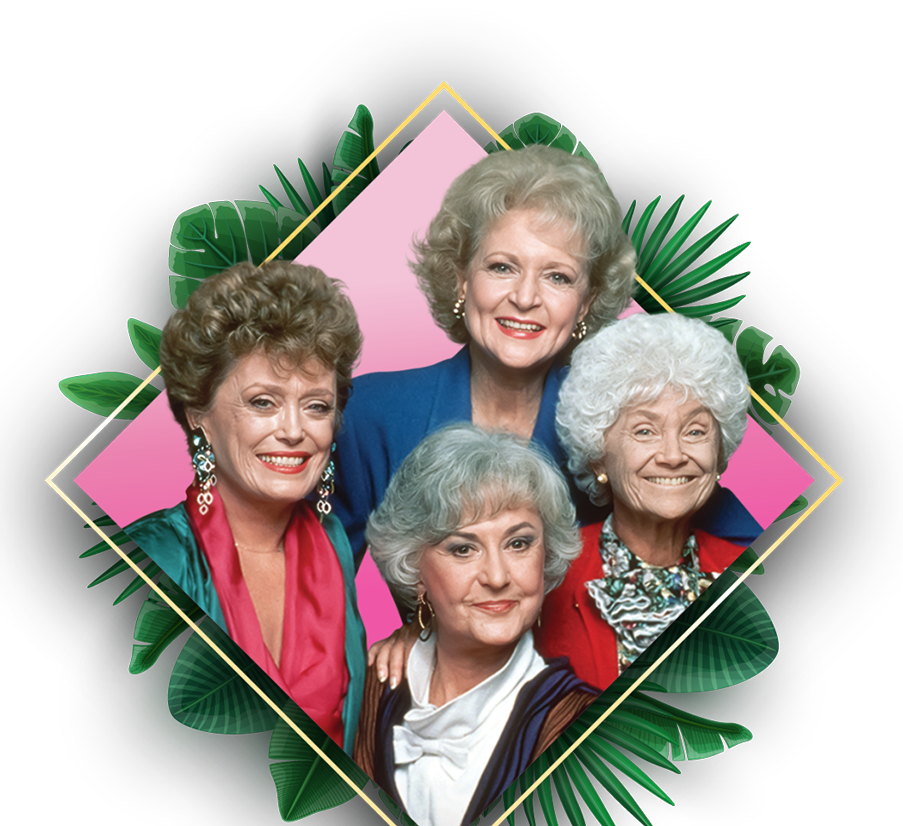Carol Burnett, Henry Kissinger, and a landmark libel suit
Chocolate soufflé and lies!

Would you want to be a public figure? Sure, you'd get the occasional free drink here and there. You'd be recognized for your accomplishments, and people would fawn over you for your fame. You might find that notoriety comes at the expense of your privacy. You might find it all worthwhile, or you might not!
Here are the facts: In January 1976, Carol Burnett dined at Washington D.C.'s Rive Gauche restaurant. Burnett, who passionately campaigned against alcoholism, enjoyed "two or three" glasses of wine, but was not drunk. She was introduced to Secretary of State Henry Kissinger, who was also dining at the same restaurant.
Paid informant Couri Hays told the National Enquirer that Burnett boisterously toured the restaurant, offering patrons bites of her soufflé. However, Hays maintained that Burnett was not drunk. He did not relay anything about Kissinger to the tabloid when he was paid for his story.
A reporter from the Enquirer then attempted to verify the story and learned that Burnett conversed with Kissinger that evening.
Despite what they were told and what they were able to confirm, the staff of the Enquirer then published the following false story:
In a Washington restaurant, a boisterous Carol Burnett had a loud argument with another diner, Henry Kissinger. Then she traipsed around the place offering everyone a bite of her dessert. But Carol really raised eyebrows when she accidentally knocked a glass of wine over one diner and started giggling instead of apologizing. The guy wasn't amused and 'accidentally' spilled a glass of water over Carol's dress.
However, since she wasn't drunk, boisterous, or argumentative that evening, Carol Burnett sued the Enquirer for libel.
During the ensuing trial, the facts were uncovered, and it became clear that the Enquirer published the item with reckless disregard for the truth. This proved "actual malice," and the court ruled in Burnett's favor, and she was awarded punitive damages totaling $150,000.
The case is looked back on as a milestone in tabloid journalism accountability. It encouraged other public figures to stand up for themselves in court. However, the ruling did little to keep similar publications from ignoring libel laws.







































